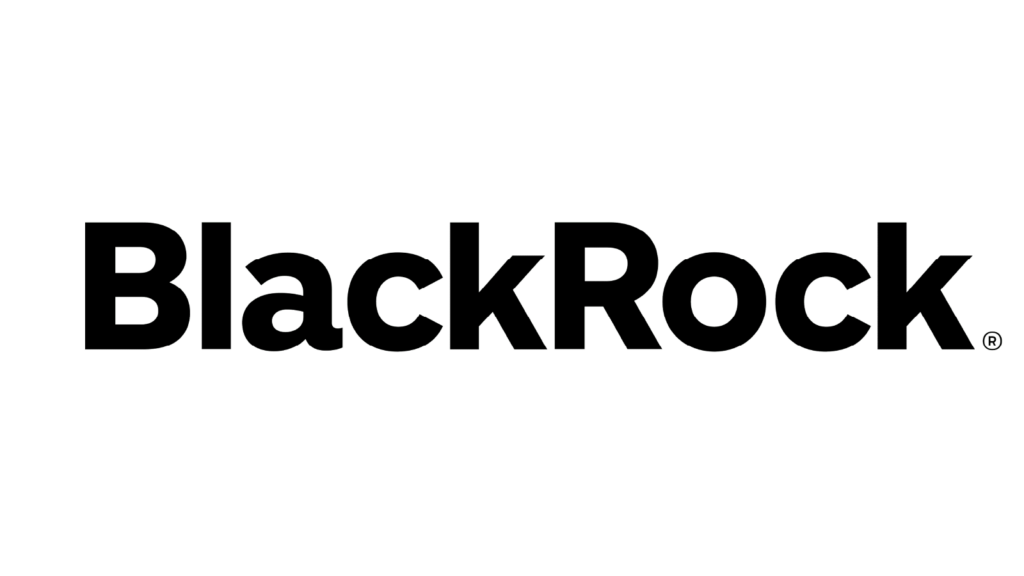- BlackRock’s Bitcoin ETF has seen 16 straight days of inflows, pushing its total to nearly $5 billion as Bitcoin briefly hit $97,000.
- Meanwhile, other BTC ETFs struggle, signaling growing dominance and investor confidence in BlackRock’s offering.
In a powerful show of investor confidence, BlackRock’s iShares Bitcoin Trust (IBIT) has posted 16 consecutive days of inflows, propelling Bitcoin’s price to briefly cross the $97,000 mark on May 7. The momentum highlights growing institutional appetite for BTC exposure through spot ETFs, even as other funds struggle to maintain traction.
According to HODL15Capital, the fund saw an influx of approximately $36 million on May 6 alone, equating to 280 more BTC added to BlackRock’s holdings. Since April 9, the fund has reportedly absorbed nearly $4.7 billion in capital.
Also read: Cardano Price Stalls: ADA Faces Strong Resistance at $0.6850
ETF Store president Nate Geraci, an early supporter of spot Bitcoin ETFs, noted, “I remember when naysayers didn’t think spot Bitcoin ETFs would take in $5 billion in total last year. IBIT alone has done this in a few weeks.”
While BlackRock continues to soar, other ETFs—including Grayscale’s GBTC—have experienced outflows. GBTC, in particular, saw nearly $90 million in redemptions, much of which appears to have rotated into BlackRock’s IBIT.
Bloomberg ETF analyst Eric Balchunas commented on the trend, stating it “inspires confidence in our call that BTC ETFs will have triple gold’s assets under management in 3 to 5 years.”
The broader market has responded in kind, with Bitcoin briefly reaching $97,500 before pulling back to around $96,538, per CoinGecko data. The rally was partially fueled by news out of New Hampshire, which became the first U.S. state to consider legislation for strategic Bitcoin reserves—sparking optimism that other states may follow suit.
Meanwhile, ETF innovation continues. On May 6, BattleShares filed for four new ETFs that pair long and short positions on Bitcoin, Ethereum, and gold. One notable product would go long BTC and short ETH, with “MAXI” suggested as a fitting ticker.
As institutional demand surges and state-level support grows, the message is clear: Bitcoin’s legitimacy as a mainstream financial asset is no longer up for debate—it’s accelerating.




